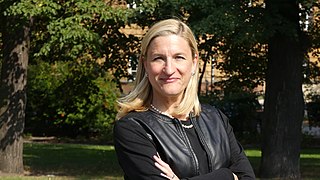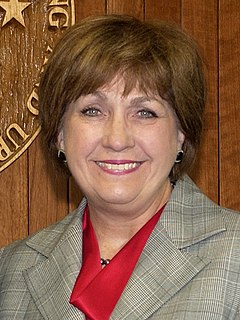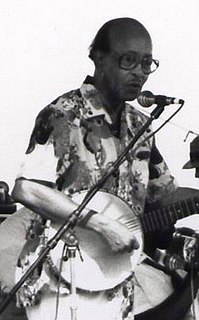A Quote by Tyler Perry
I was a very poor young black boy in New Orleans, just a face without a name, swimming in a sea of poverty trying to survive.
Related Quotes
There's also the tradition of voodoo, the Haitian magic arts, in New Orleans. And because New Orleans is below sea level, when they bury people in New Orleans, it's mostly above ground. So you have this idea that the spirits are more accessible and can access you more easily because they're not even buried.
The fact that more than half of the young black men in any large American city are currently under the control of the criminal justice system (or saddled with criminal records) is not - as many argue - just a symptom of poverty or poor choices, but rather evidence of a new racial caste system at work.
When I got to college, the fake ID thing wasn't that important, since pretty much everyone could get away with drinking in New Orleans. But the drugs, well, that was a different story altogether, because drugs are every bit as illegal in New Orleans as anywhere else--at least, if you're black and poor, and have the misfortune of doing your drugs somewhere other than the dorms at Tulane University. But if you are lucky enough to be living at Tulane, which is a pretty white place, especially contrasted with the city where it's located, which is 65 percent black, then you are absolutely set.
Part of what I am dealing with, with this blackness, is asking the question, "Where are those black people, who are as dark as the description of a young black boy that Solomon Northup gives in 12 Years A Slave?" He describes the young black 14-year-old boy as "blacker than any crow." You have to question if he is using that metaphorically or as a descriptive?
It's shocking to me still, that children - just because of where they're born - are born into a life of extreme poverty and hunger. Humans, we can survive without a lot of luxuries we are lucky to live with. But the thing we need most is healthy food and clean water. Without that we can't survive and we can't thrive.
The gateway to freedom...was somewhere close to New Orleans where most Africans were sorted through and sold. I had driven through New Orleans on tour and I'd been told my great grandfather had lived way back up in the woods among the evergreens in a log cabin. I revived the era with a song about a coloured boy named Johnny B. Goode. My first thought was to make his life follow as my own had come along, but I thought it would seem biased to white fans to say 'coloured boy' and changed it to 'country boy'.




































